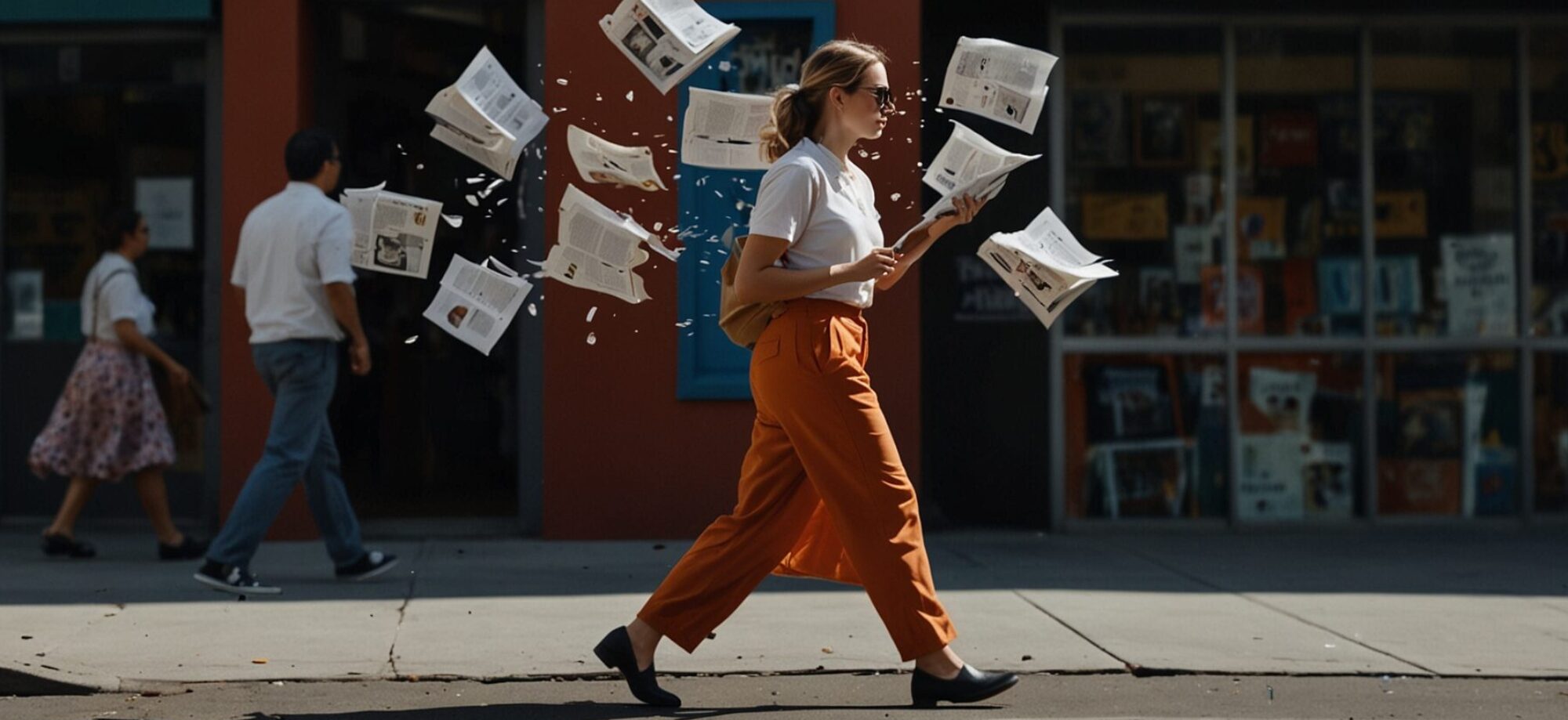Jean-Jacques Rousseau, Swiss philosopher and writer, wrote on a variety of subjects, including the importance of walking in life and connection with nature. In section IX of his book The Confessions, he wrote: “…were a sum which kept me from being straitened, and several works I had upon the stocks promised me, without extorting money from the booksellers, supplies sufficient to enable me to work at my ease without exhausting myself, even by turning to advantage the leisure of my walks”. […]At length, all my wishes are accomplished! The first thing I did was to abandon myself to the impression of the rural objects with which I was surrounded. Instead of beginning to set things in order in my new habitation, I began by doing it for my walks, and there was not a path, a copse, a grove, nor a corner in the environs of my place of residence that I did not visit the next day. The more I examined this charming retreat, the more I found it to my wishes. This solitary, rather than savage, spot transported me in idea to the end of the…”
Walking and solitude were 2 vital vectors for Rousseau for much of his life.
In sections VIII and IX of his book “The Confessions” he describes several events related to his inclination to walk and to be in solitude.

For Rousseau, walking was more than just a form of physical exercise, it was a necessary practice in order to be in tune with his physical and mental body. [Walking: Physical and Mental Body]
In these texts we can infer how walking helped him to clear his mind and find the mental clarity necessary to reflect on his ideas. [Walking-Emotional and Spiritual Well-being].
He describes his love of walking and how physical activity helps him to think and meditate. This activity was essential to his emotional and spiritual well-being.

Rousseau was known for his walks in the countryside, and in his writings he eventually talks about how nature and the contemplation of beautiful landscapes were a source of inspiration for him. He claimed that contact with nature was essential for human well-being and that city life and civilization in general were responsible for the moral corruption and unhappiness of mankind. [Walks-Nature-Inspiration].
In addition to his love of walking, Rousseau also had a penchant for solitude and introspection. For him, walking and meditating in solitude were inseparable activities, and he felt that his mind could only create with his body by walking. He believed that time spent alone was crucial for the development of individuality and reflection on oneself and one’s thoughts. The combination of walking and being alone in nature was for him the ideal way to reach a state of peace and happiness. [Walking-Solitude-Introspection].
He noted how the movement of the body while walking helped him to release accumulated tension and stress, and how this allowed him to feel more balanced and at peace with himself. [Walking-connection and dialogue with the body-Stress release-Emotional balance-Peace with oneself].
He insisted on how contact with nature was essential for human well-being, and that only through living within nature could happiness and inner peace be found. [Walking-Nature-Happiness-Inner Peace].
He described how the beauty of nature inspired him and helped him to find the clarity of mind necessary to reflect on his ideas and emotions. Furthermore, he believed that nature was a source of teaching and wisdom, and that through contemplation one could learn about the harmony and balance of the universe [Mental clarity-Inspiration-Reflection-Wisdom-Contemplation].
After reading his books we have been able to extract some of his conceptions about walking, within these 7 circles that summarize his inclination for this physical practice:
[Walking: Physical and Mental Body]
“Walking is to achieve a balance between my body and my mind”.
[Walking-Emotional and Spiritual Well-being].
“When I walk I achieve a total mental clarity that I can only find in this way”
[Walks-Nature-Inspiration].
“I find nothing so enjoyable as a walk in the countryside, and I would not trade my place in society for any of the treasures of which the world prides itself.”
[Walking-Solitude-Introspection]
“Man is most in harmony with himself when he walks in solitude and encounters nature in its purest state.”
[Walking-Connection and dialogue with the body-Release of stress-emotional balance-Peace with oneself].
“True wealth is not found in accumulating material possessions, but in the ability to enjoy a quiet walk in the sunshine, to find oneself.”
[Walking-Nature-Happiness-Inner Peace].
“The path that leads to wisdom is so steep that sometimes we must walk hand in hand, but the reward at the end of the journey is insurmountable, for inner peace is achieved.”
[Mental clarity-Inspiration-Reflection-Wisdom-Contemplation].
“Walking is the best way to get where you want to go, but it is also the best way to get lost in yourself”.
Seven vital circles where the common element is Walking.
Seven sentences (inferred and elucidated) that summarize and interpret Rousseau’s thought and emphasize the importance he attached to walking as a way of connecting with nature and as an opportunity for reflection and authenticity in life.
Few writers have made clear how important walking has been to them in comparison to Rousseau.
Jean-Jacques Rousseau saw contact with nature as essential to human well-being and believed that only through the contemplation of nature could happiness and inner peace be found. His love of walking in nature was a way of connecting with his body, his emotions and his ideas, and of finding the necessary inspiration for his literary and philosophical work.

Rousseau, like the other thinkers we have mentioned in previous posts, and who we will continue to review in the future, is proof positive that walking is an unquestionable fountain of youth (generating health and preventing illness), and an inexhaustible (unfading) source of ideas and creativity.
Let’s start walking right now and do it every day, and we can obtain the same benefits as Rousseau, in a free, simple and pleasant way.
